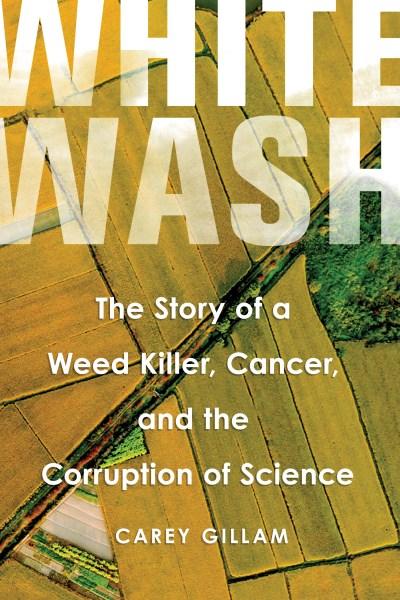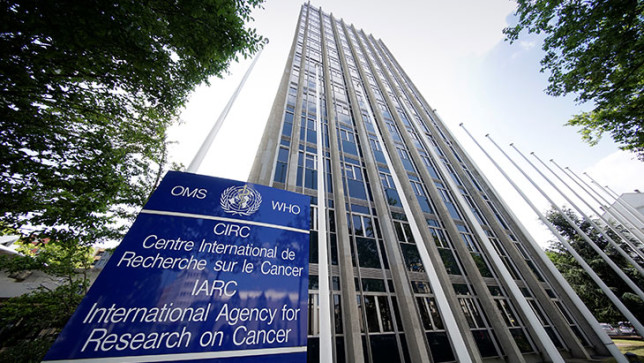This post is abridged from the euobserver
“EU member states agreed on Monday (27 November) on a five-year renewal period for the controversial herbicide glyphosate, used by Monsanto in its Roundup product. The decision was taken by EU member states’ experts, with 18 votes in favour, nine against and one abstention.
“Germany’s vote in favour of the proposal helped to reach a vote representing 65.71 percent of the EU population, just above the 65 percent threshold needed under the qualified majority rule.
“The nine countries that opposed the five-year renewal were Belgium, Greece, France, Croatia, Italy, Cyprus, Luxembourg, Malta, and Austria.
Portugal was the state that abstained. In a previous vote on 9 November, four states had abstained.
“The European Commission has now the green light for a a formal renewal of the licence for glyphosate in the EU.
“Germany’s decision to support the renewal created waves in Berlin with the outgoing coalition government.
[Ms Merkel (Christian Democrat), who made clear on Saturday (25th) she would pursue a grand coalition, said an acting government under her leadership could do business until a new coalition was formed. (ABC News 27/11/2017) It was under the acting government that Germany joined the vote on glyphosate renewal.]
“The (German) environment minister, Social Democrat Barbara Hendricks, said she had called her agriculture colleague, the Christian Democrat Christian Schmidt, in the morning to tell him that she ‘still did not agree’ with the renewal. ‘You cannot behave like this when you try to build trust’ she said after the Brussels vote, referring to the talks that are due to start soon to form a new coalition between the CDU and Christian Social Union, with the SPD.
“This is not a clear signal for a phase-out of glyphosate. The fight needs to go on” said Luxembourgish health minister Carole Dieschbourg, whose country voted against. Several hours after the decision was taken, a handful of left-leaning MEPs expressed their anger at a meeting of the environmental and food safety committee. ‘We didn’t ask for renewal, we asked for a phase-out,’ said Czech centre-left MEP Pavel Poc.
“In a resolution adopted in the parliament’s plenary in October, the parliament asked for a phase-out over the next five years. Poc said seeing this resolution as an endorsement of a five-year renewal was a ‘misinterpretation’ of the EP resolution.
“The Commission and most governments have chosen ‘to ignore the warnings of independent scientists, the demands of the European Parliament and the petition’ calling for a glyphosate ban, Greenpeace EU food policy director Franziska Achterberg commented.
“The committee will vote on an objection to the decision on Tuesday (28 November).”
It is interesting to note that governing structures in the neoliberal world are set up to ensure corporate control of legal processes. Throughout this re-registration process, the European Commission has been working against both the European Parliament and the European Council to ensure that glyphosate would gain re-registration.



